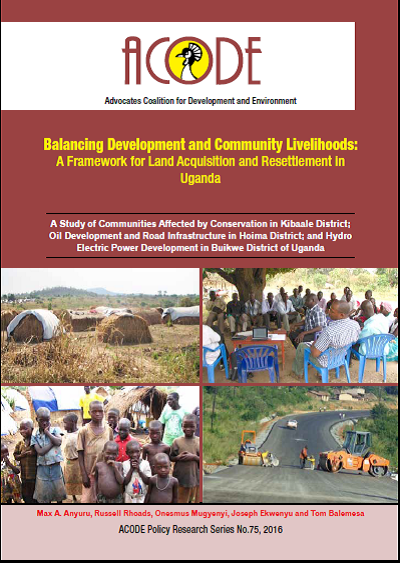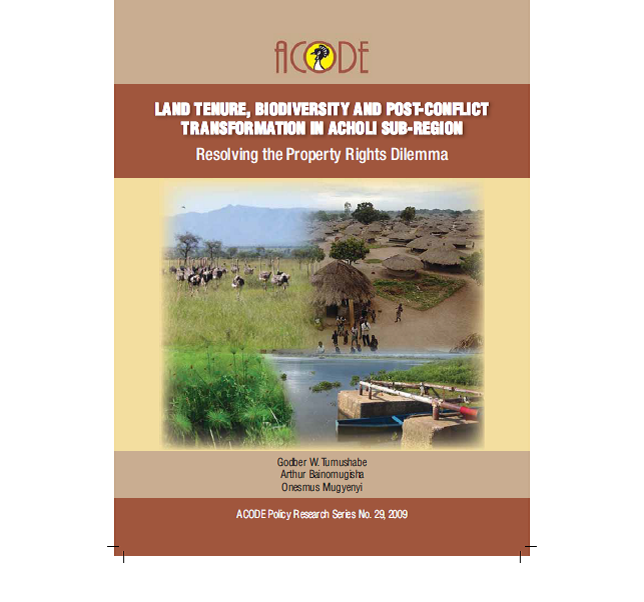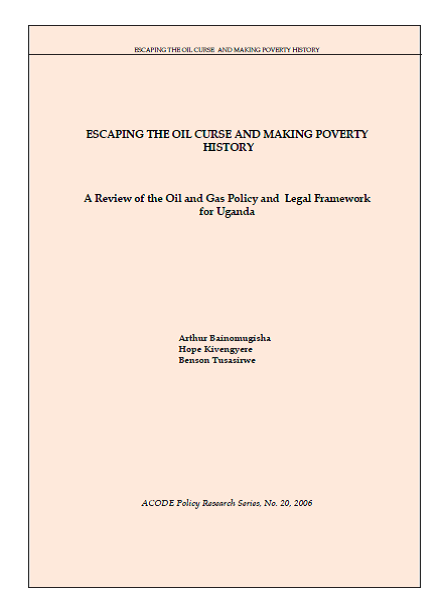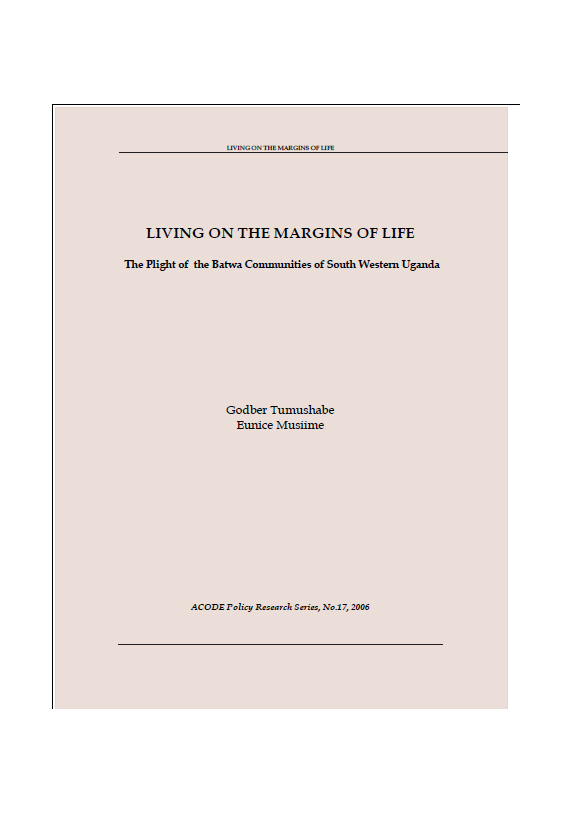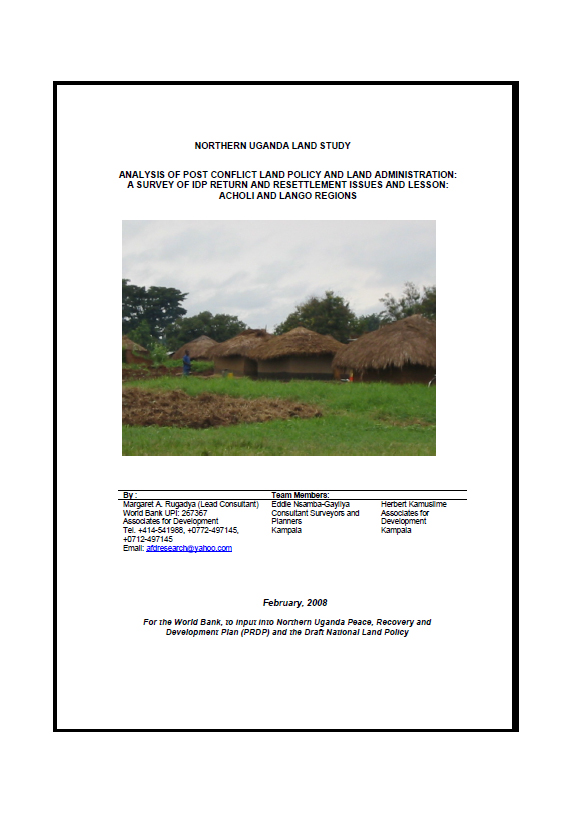Social impacts of land commercialization in Zambia
Macha Mission in Choma District of Southern Province, Zambia was founded by the Brethren in Christ (BIC) Church in 1906 and granted title deeds to 3,003 hectares of land by the British colonial authority of the time. Since then the Mission has built a church, a hospital (which today includes a pioneering malaria clinic), two schools, and houses for its workers. A large market has grown up near the hospital, serving local workers and hospital visitors.

